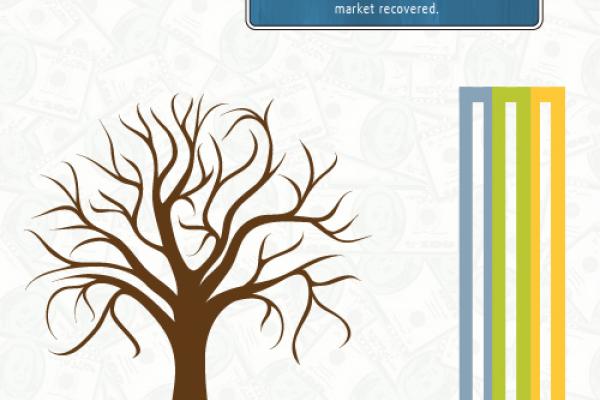The United States is the richest country in the world, but only three-quarters of Americans have enough to eat.
New data from the Pew Research Center shows that nearly a quarter of Americans had trouble putting food on the table last year — 24 percent is a lot of hungry people in the richest country in the world. It’s not normal, either – most other advanced economies had much lower rates of hunger. We think that the U.S. economy is similar to that of Canada or Britain; our hunger rate is closer to that of Indonesia, South Korea, or Greece.
Numbers like that are shocking, because we prefer to think of ourselves in nationalistic terms. “The richest, most powerful country on Earth” definitely makes us feel better than realizing that things aren’t so great for many of us. One in four of us is hungry.
We don’t like to think about this, but we aren’t doing so well by a lot of standards. Last month, UNICEF published a report on child wellbeing in developed countries. The United States was ranked 26 out of 29, above Lithuania, Latvia, and Romania. Our children were doing worse than those of Greece.
Is this really where we want to be?
All of these numbers are all tied up in inequality. Enough of us are doing well enough that it tips our overall wellbeing upward. We don’t see the reality that huge populations are struggling because we don’t have to see it. We are, after all, rich and powerful, and for the most part, those who are struggling live in different places than those who are not.
That could be changing, of course: there are now more poor people living in the suburbs than in cities, breaking down our stereotypes of what it means to be poor. Still, we don’t hear about that, either. How many more statistics do we have to read before we finally recognize that our neighbors next door are hungry?
We obviously have a moral obligation to do something about this. I could regale you with Scripture citations, but I think you know the ones that I mean. They are the ones about making sure everyone is eating, about making sure we take care of children, about taking the logs out of our eyes and seeing things as they really are, even if it reflects poorly on us.
Solving these problems is not as easy as naming them, but naming them is a good place to start. We don’t know all the reasons that Americans are doing so poorly comparative to our wealth (although I could guess a few), but we should at least be talking about how to fix it. Instead, we’re talking about cutting nutrition assistance and denying it to more people. We’re talking about how to do less for the people who need the most help.
As people of faith, we follow in a long line of prophets who spoke out when political discourse was disconnected from the experience of everyday people. We must continue to speak out where others are silent, grateful for our faith that says we can renew our world.
Janelle Tupper is Campaigns Assistant for Sojourners.
Got something to say about what you're reading? We value your feedback!
